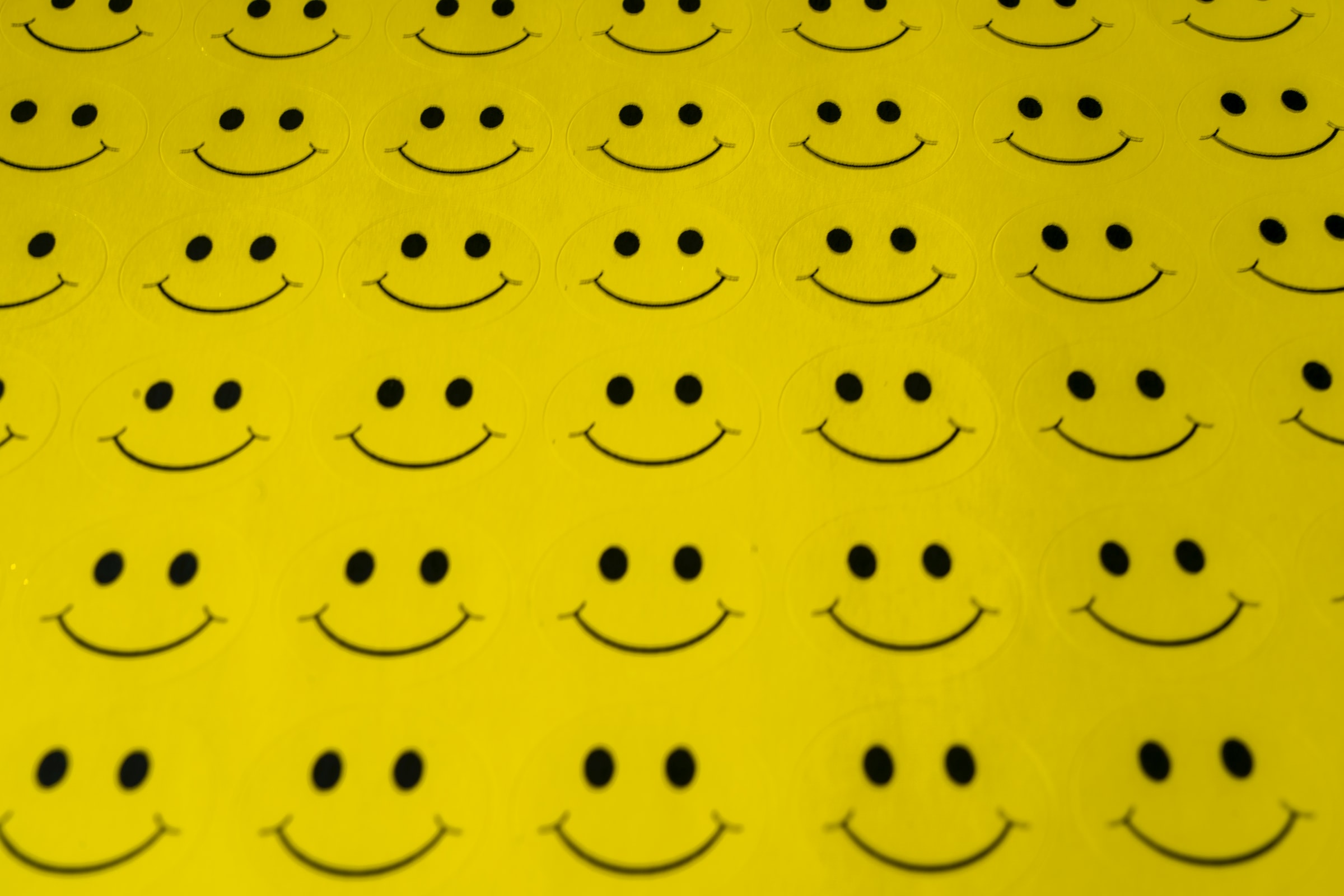Throughout this difficult time for people across the United States and all over the world, there have been repeated calls for keeping a positive outlook — not just in life, but also in business. “Optimism and courage are the key to reshaping the ‘new normal,’” Ernst & Young said. McKinsey said demonstrating optimism is an “essential element of leadership” at this time. And PricewaterhouseCoopers called on businesses to harness “the power of optimism.”
And while there is hope on the horizon for emerging from the pandemic, it’s also clear that many ongoing challenges will stay in place for the foreseeable future. Some people rightfully note that optimism must not become an excuse for neglecting the severity of the crisis.
I see this differently. As tough as this time is, it’s also an opportunity for many people to build a new skill that will help their lives and careers in profound ways: long-haul optimism.
Optimism is rarely discussed as a “skill.” But I know from experience that it can be developed. Learning to keep up my hope and confidence for the future throughout a long, bumpy road ultimately allowed my business to flourish — and even allowed my team to exceed our long-term goals.
Back in 2011, which now seems like a lifetime ago, I was invited to be a part of Wi-Charge, a company that would create a new model for long range wireless charging. Once we solved some of the biggest questions about how we would do this, it became clear that the building blocks needed to make it happen didn’t exist. I questioned whether we’d ever achieve what we were looking to do.
But my friend and partner in the company gave me a different perspective. People have endless opportunities to quit a venture before it becomes a success, he said, but only one path to make it happen: endure. Persevere. The world is deprived of all sorts of inventions that didn’t reach the finish line because entrepreneurs gave up a year, a month, or a week before a breakthrough.
We were taking on a gargantuan task. In a nutshell, we were committed to using natural infrared light, which made us very different from other startups that use radio frequencies. This meant tons of trial and error across years of research and development. It was very expensive and a huge risk of both time and money, so venture capital firms wouldn’t want to finance it.
But eventually, we not only achieved our goal, but we won Best of Innovation in our category at the Consumer Electronics Show. It was only then that I was able to stop, breathe, and look back at how I had turned into an optimist along the way. Here are three key steps:
See your challenge as a riddle.
Lots of research has probed why humans love riddles. Step one is to frame the challenge ahead not as a question of whether you’ll arrive at the destination you seek, but rather as a question of how.
Relate current goals to childhood dreams.
Since I was a kid, I always wanted to change the world. To do something that would have meaning. I didn’t dream of being rich or running a company. I dreamt of helping people in a big way. Every day, during the years of toil to make Wi-Charge happen, I thought about this. It kept me going.
Think back to what big goals you had as a child. What impact did you want to have on the world? See this difficult time as an opportunity to make some of those dreams possible.
Find the right partners for ‘collective optimism.’
Fill your organization with people who share your long-haul optimism — or, at least, are ready to learn to be optimistic. This does much more than just create a nice feeling in your work culture. It’s proven to help breed success.
A study published in the journal Entrepreneurship Theory and Practice found that “collective optimism—the shared, positive expectations about future outcomes—is salient to key entrepreneurial outcomes.” Results showed that “collective entrepreneurial optimism exhibits a curvilinear relationship with venture creation and growth,” the research found.
It’s easy to get lost in the details of what you’re doing. Trust me, I know — in our case, the details were literally microscopic. But to build long-haul optimism, you need to focus on the biggest picture possible. It pays off. In recent months I’ve been more grateful than ever to have a hopeful outlook that’s built to last. You will be too.
Ori Mor is co-founder and head of product at Wi-Charge.


